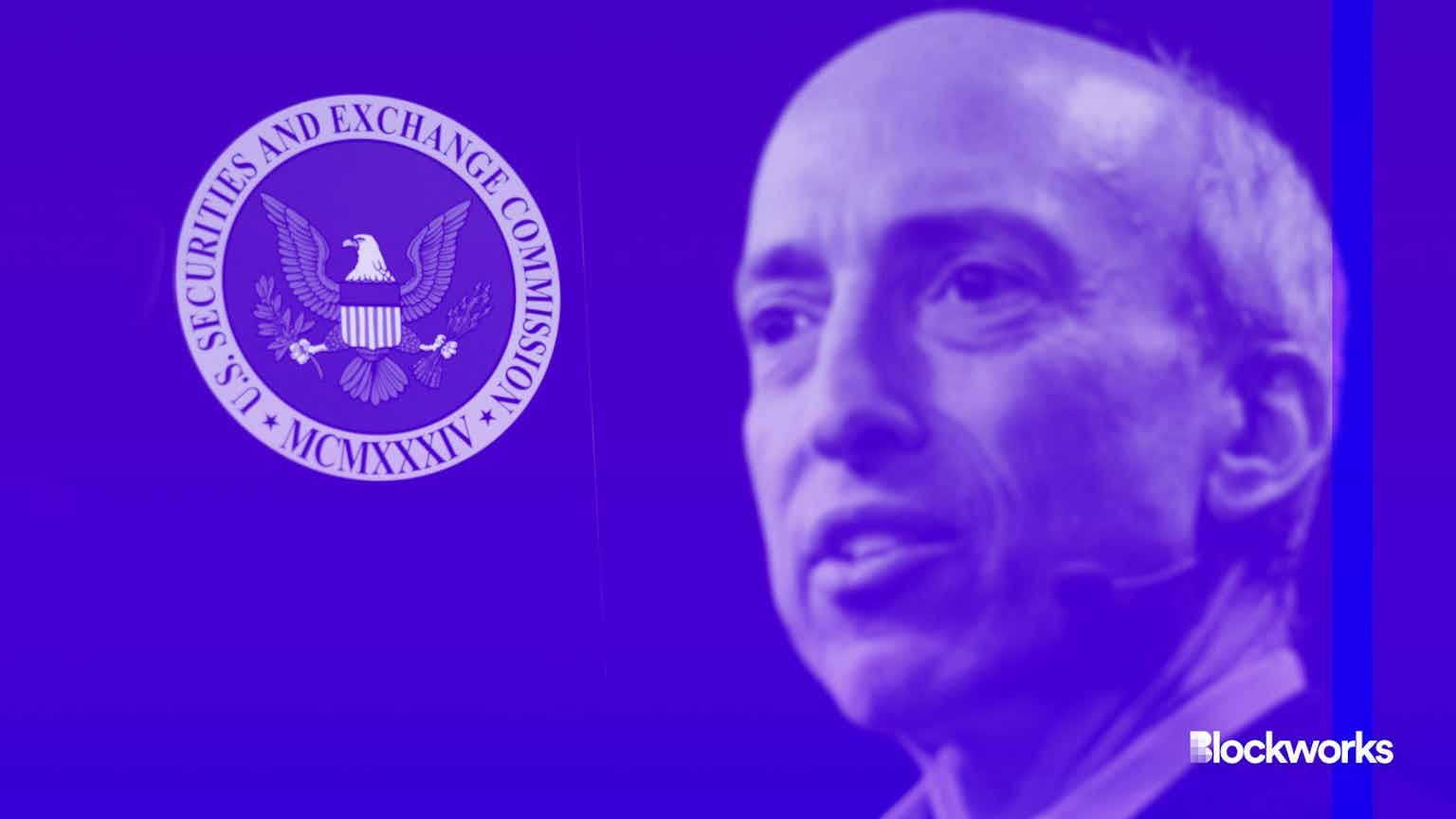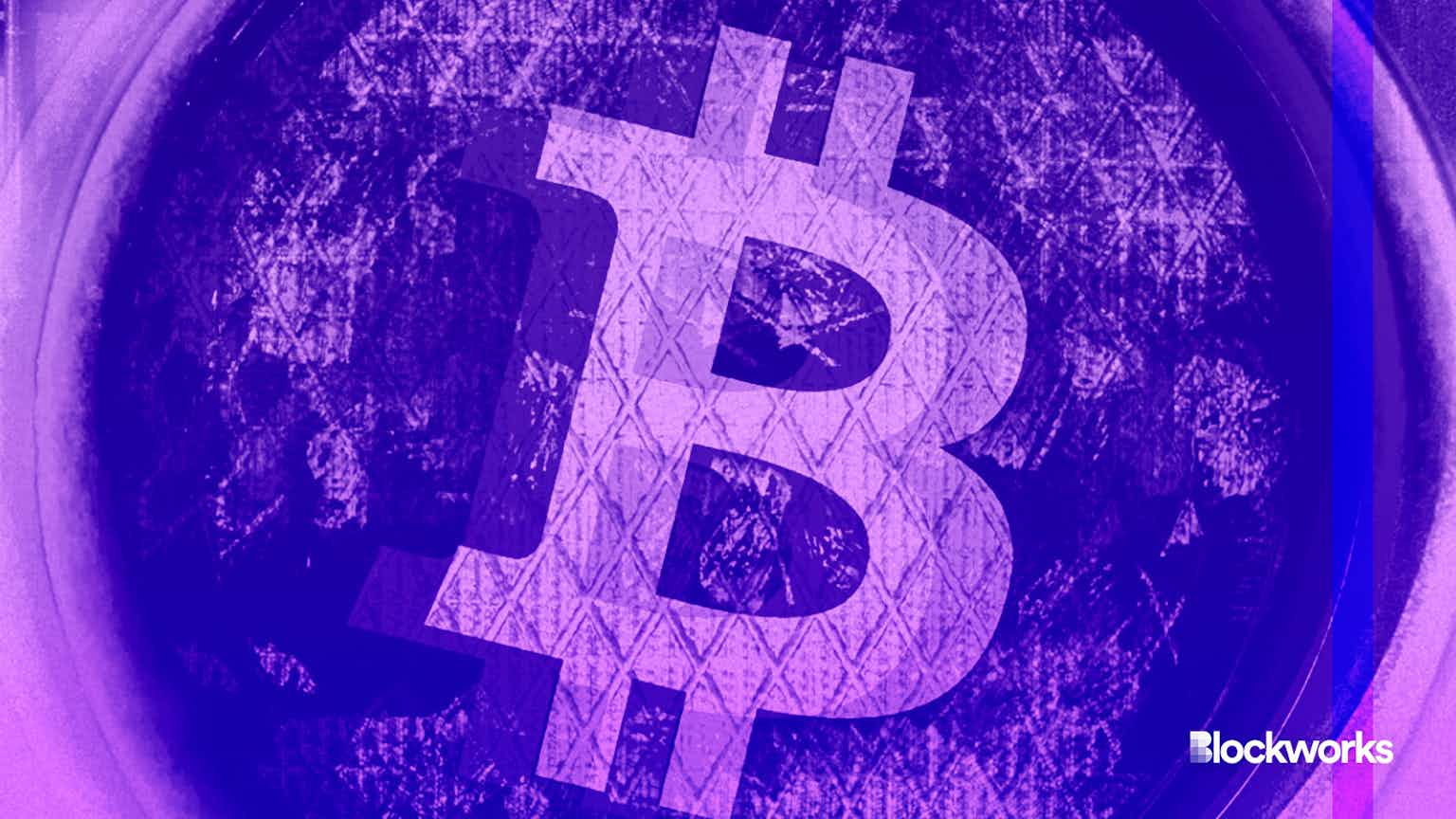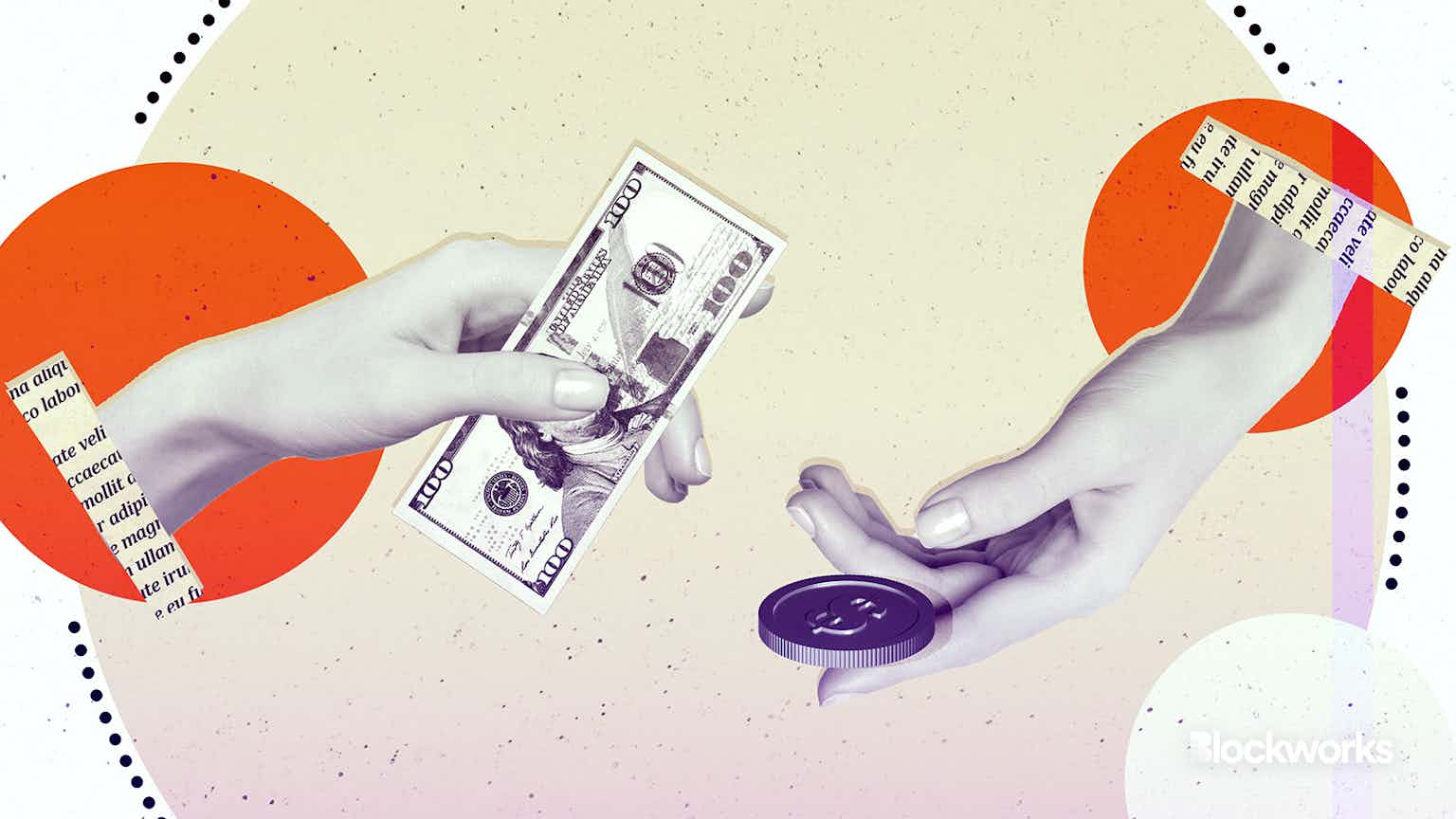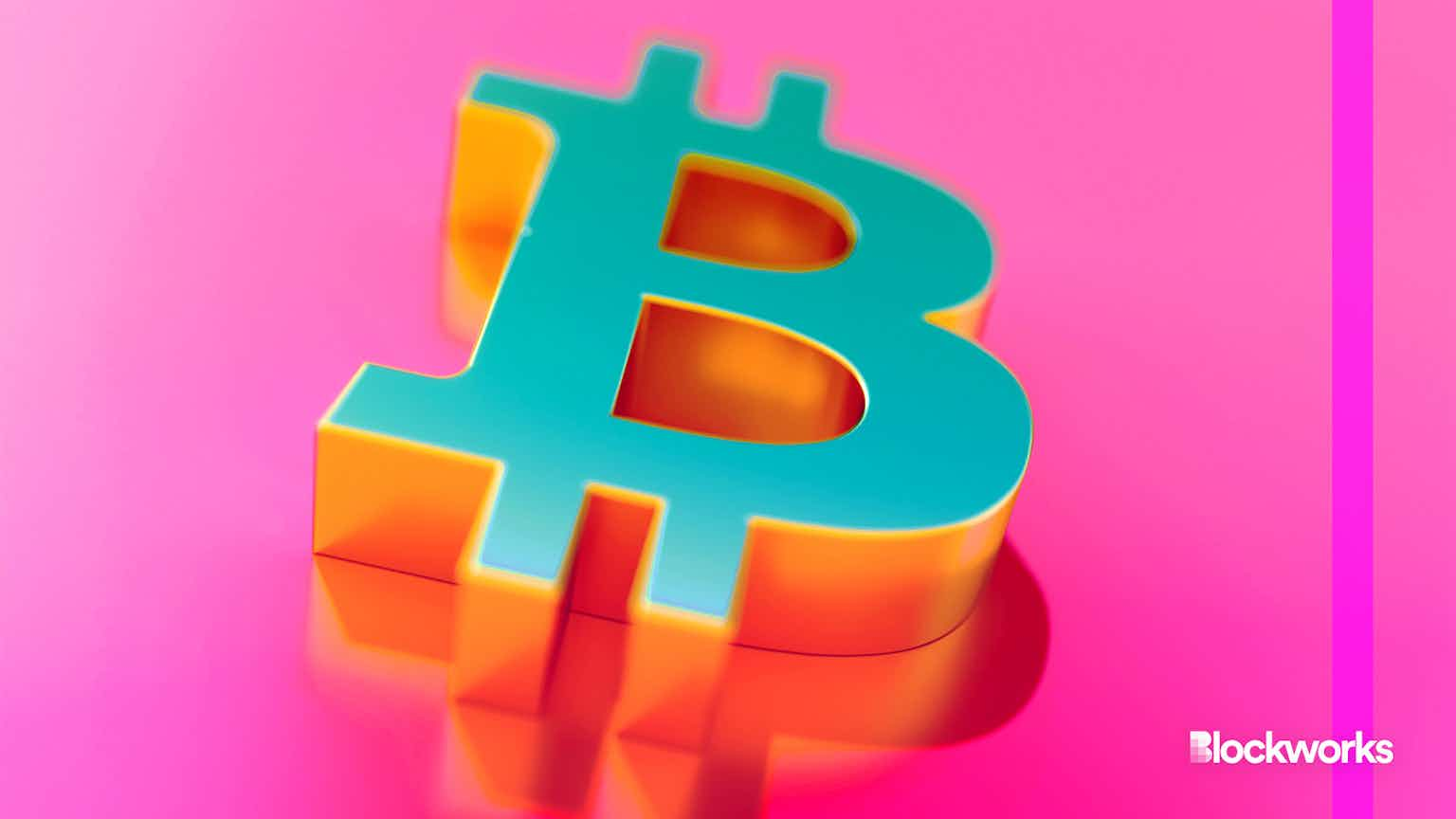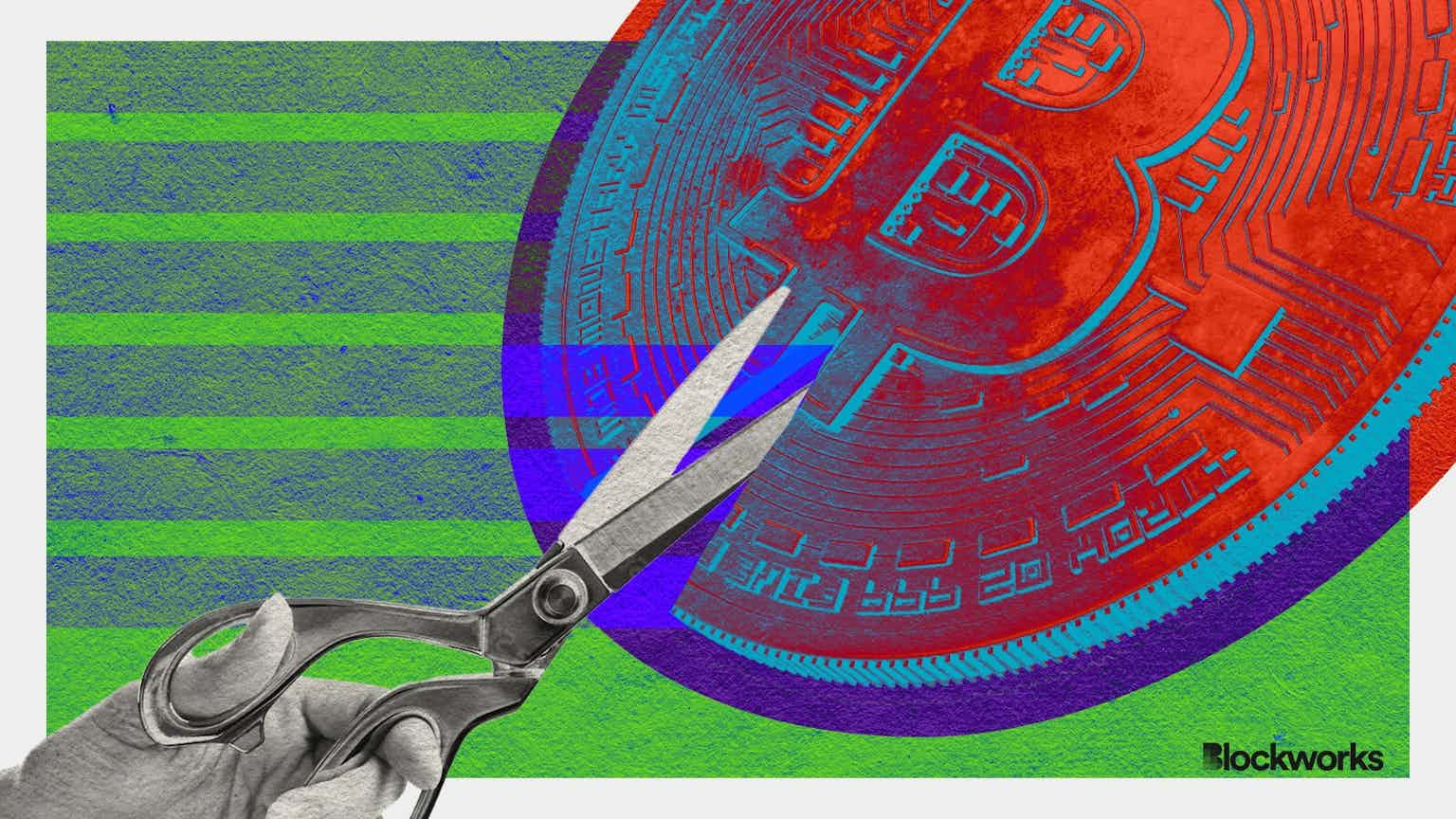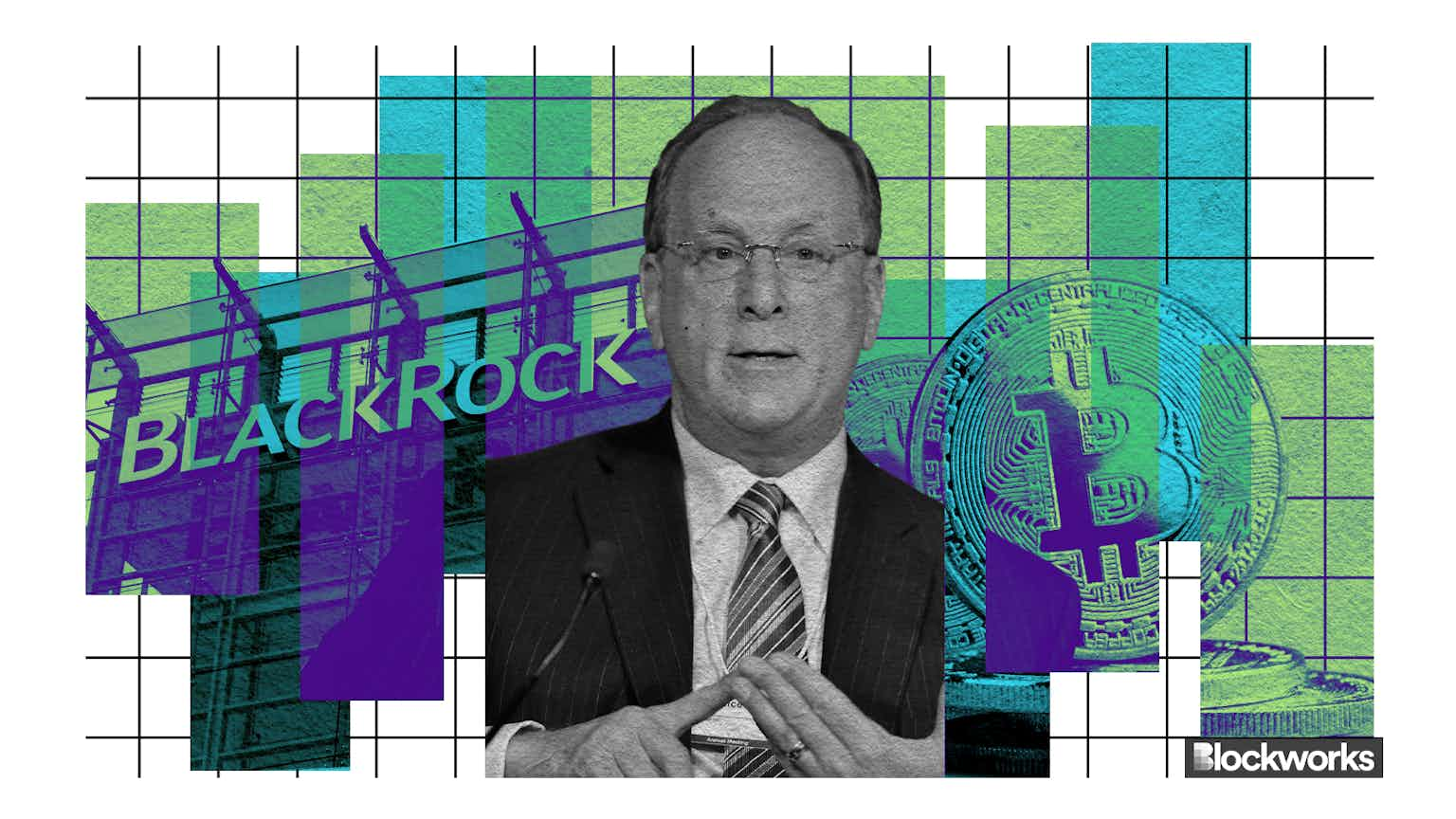Tether’s Settlement With the NYAG a ‘Positive’ For Industry
A high-profile legal case initiated by the New York Attorney General’s office into Tether and Bitfinex, which has wide-ranging implications for the crypto industry, has been resolved with the two companies admitting no wrongdoing. As part of a settlement between the […]
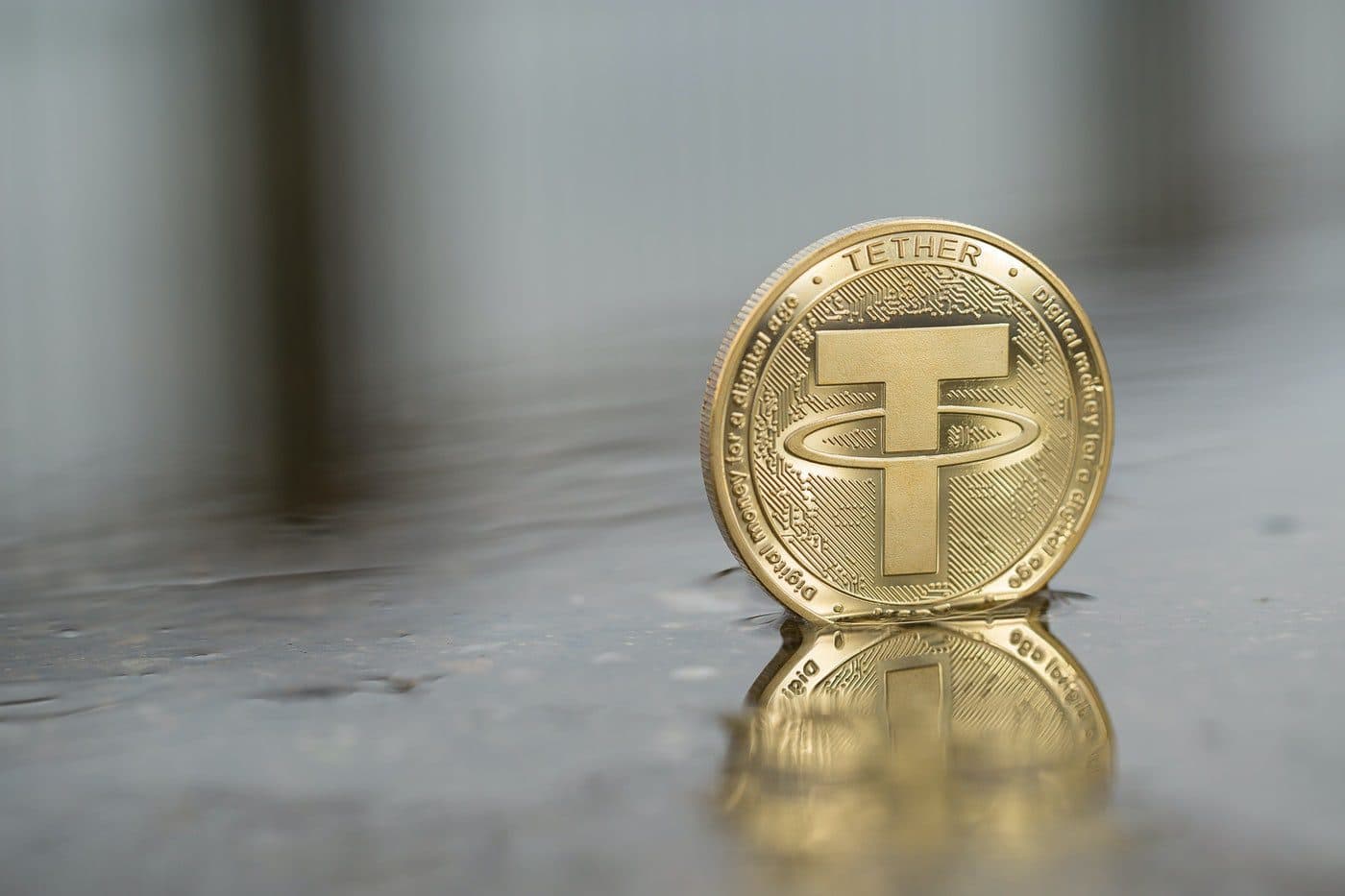
Source: Shutterstock
key takeaways
- NYAG investigation into Bitfinex and Tether ends with no wrongdoing admitted by either company
- Investigation began when Tether loaned Bitfinex $850 million to cover a capital shortfall
A high-profile legal case initiated by the New York Attorney General’s office into Tether and Bitfinex, which has wide-ranging implications for the crypto industry, has been resolved with the two companies admitting no wrongdoing.
As part of a settlement between the two companies and the NYAG, Tether and Bitfinex agreed to pay an $18.5 million fine, publish quarterly reports on their financial holdings, and block any New York residents or entities from using their services.
“Bitfinex and Tether recklessly and unlawfully covered-up massive financial losses to keep their scheme going and protect their bottom lines. Tether’s claims that its virtual currency was fully backed by US dollars at all times was a lie,” New York Attorney General Letitia James said in a press release. “These companies obscured the true risk investors faced and were operated by unlicensed and unregulated individuals and entities dealing in the darkest corners of the financial system.”
Tether has been accused of manipulating the price of bitcoin by timing the issuance of Tethers to market downturns in order to bolster their own supply of assets to back Tether as well as stabilize the price of bitcoin by injecting capital into the market. Tether was only liquid, its critics say, because of this strategy.
Bitfinex’s missing money
The case kicked off after the NYAG alleged that Tether loaned Bitfinex $850 million to cover losses Bitfinex incurred when authorities seized accounts belonging to a payment processor called Crypto Capital. Bitfinex has since been working to recover the funds, but, as laid out in the docket, needed liquidity to cover customer withdrawals from the exchange. Since Tether had loaned out the funds to Bitfinex, the NYAG argued that it no longer had one-to-one reserves to cover all of its issued Tether tokens.
As the NYAG docket outlined, it was always a bit of a mystery as to where Tether kept the money that ostensibly backed each token and how much of its capital was kept in cash versus other assets. The NYAG also noted that any time Tether opened an account it never had sufficient dollars on hand to cover liabilities.
Initially Tether had placed its dollar reserves with a number of banks in Taiwan, but when Wells Fargo refused to continue providing correspondent services for these banks Tether left for elsewhere. The docket shows that the company at one time had accounts with the Bank of Montreal, but in the name of Tether’s General Counsel and not the company itself. After the relationship with that bank soured, the company then opened up accounts with Noble Bank in New York and Deltec Bank in the Bahamas.
As part of the NYAG settlement, the company said that as of November 2018, “Tethers were again no longer backed one-to-one by U.S. dollars in a Tether bank account.”
For its part Tether said, “The settlement amount we have agreed to pay to the Attorney General’s Office should be viewed as a measure of our desire to put this matter behind us and focus on our business.”
A conclusion to this case where Tether is found not guilty is a significant win for the stablecoin and digital asset industry as a whole.
Commenting on the conclusion, Braden Perry, a former CFTC enforcement attorney, said, “The two-year investigation cost the company $18.5 million in penalties, as well as a massive legal bill. And in the end, this was more of a reporting issue than anything. But, I think it’s a positive for the crypto community, where there are both good and bad actors.”
Perry, now a lawyer with KennyHertz Perry LLC, believes that Tether and Bitfinex effectively learned their lesson and have a major incentive to improve transparency and reporting.
“If you’re going tout dollar-for-dollar backing, then a company will be required to maintain that. Here, because Tether had several months without the one-to-one backing, New York claimed it misrepresented its stablecoin status,” Perry told Blockworks. “Although no harm to the Tether (or Bitfinance) communities, the AG in this case, spent the resources and time to thoroughly investigate the issue and hold Tether accountable.”
Tether and Bitfinex’s next steps
The closure of this case with only an $18.5 million fine is a significant win for Tether and the stablecoin industry as a whole. Tether, and other stablecoins, provide significant liquidity for the market and are counted as some of the largest digital assets on CoinMarketCap. In a worst case scenario, Tether would have been forced to shut down, which could have had a cascading effect on the broader market.
“The Tether/Bitfinex settlement seems, on the surface, to be a positive result for transparency and the crypto industry,” said Pat LaVecchia, CEO and Co-Chairman, Oasis Pro Markets. “Perhaps the most significant part of this settlement is a reminder that transparency and a compliance first mind-set remain the keys to establishing credibility with regulators. Long and short, great result for them. Very workable fine, and they can continue their business.”
But they aren’t necessarily out of the water yet. As part of the settlement, the companies have agreed to not do business in New York, which inhibits their access to banking. While there are certainly other banks available outside of the state or abroad, many of the largest correspondent banks are situated in New York City, and it will be tough to find that level of scale elsewhere.
There’s also the issue of the proposed STABLE Act. Should this become law, it would require all stablecoin providers to have a bank charter — tough without access to New York — and ensure that stablecoins are tied to dollar reserves at a 1:1 ratio which Tether has already admitted it doesn’t have.
But for now, Tether remains afloat, and firmly tethered to the dollar.
